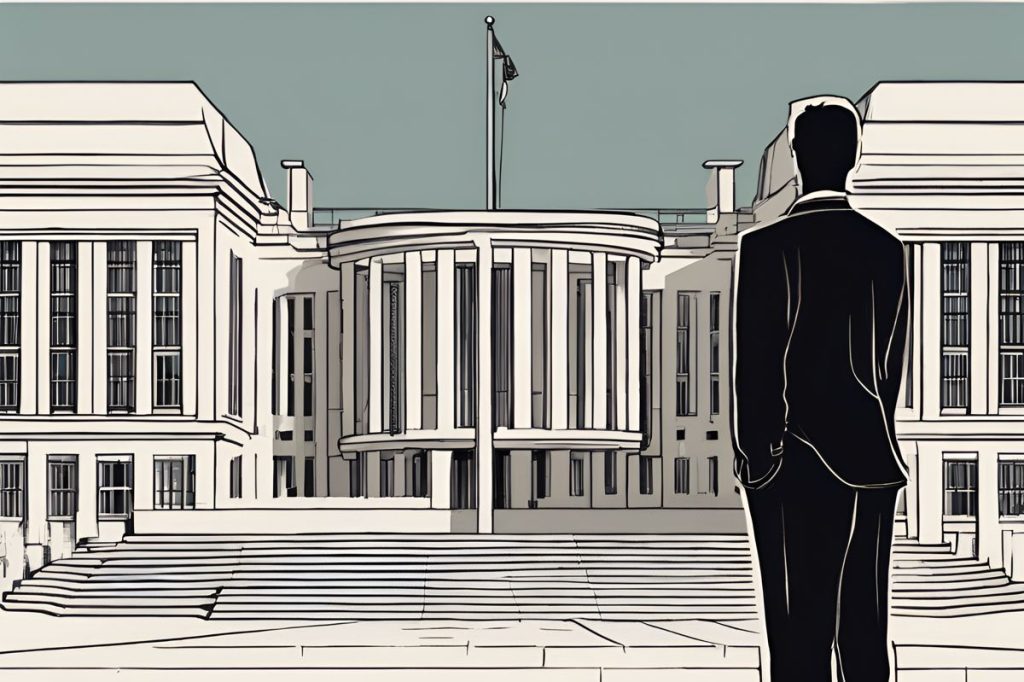In Cyprus, Justice Minister Marios Hartsiotis was spared from accountability after police missteps led to a fugitive’s escape, as government spokesman Konstantinos Letymbiotis argued that Hartsiotis was not directly involved in operational decisions. While President Nikos Christodoulides swiftly dismissed top police officials to signal accountability, the ongoing debate centers on whether Hartsiotis should still bear responsibility for the police’s sluggish reform efforts.
Why was the Justice Minister spared after the police missteps in Cyprus?
The Justice Minister, Marios Hartsiotis, was spared following police missteps because he was not directly involved with the police’s operational decisions. The government’s spokesperson indicated that while responsibilities were apportioned, Hartsiotis’s role in capturing the fugitive and overseeing police modernization efforts justified his continuation in office.
Decisive Action or Selective Justice?
When a convicted murderer escaped during his day leave, the fallout saw swift and severe repercussions for the Cypriot police hierarchy. President Nikos Christodoulides made a bold move, dismissing the chief of police, his deputy, and the acting head of the Nicosia Central Prison. This was a clear message that accountability was expected at the highest levels of law enforcement. In stark contrast to previous incidents where no tangible actions followed public reprimanding, this time the president displayed an uncharacteristic decisiveness. But the question looms: why was Justice Minister Marios Hartsiotis spared in the wake of such a significant security lapse?
Government spokesman Konstantinos Letymbiotis claimed “responsibilities were apportioned,” a phrase that seemed to draw a line under the affair, leaving Hartsiotis untouched. This decision came under scrutiny, given the history of ministers resigning over similar events, such as the case of Kypros Chrysostomides in 2008. It was argued that Hartsiotis, being detached from the police’s operational decisions, should not bear the weight of their failures, a stance that might be considered controversial in light of calls for stronger accountability in government.
The Question of Ministerial Responsibility
Ministerial responsibility typically entails that a minister oversees and is accountable for the actions and policies of their department. Yet, when the government spokesperson spoke, it seemed this principle was being sidestepped. Letymbiotis defended Hartsiotis by emphasizing his role in the eventual apprehension of the fugitive and his suitability for overseeing the police force’s modernization. However, it raises the question: if the police are moving too slowly in their reforms, as indicated by the spokesman, shouldn’t the minister at the helm be held accountable for these shortcomings?
The president’s decision to terminate the police chiefs was, in part, influenced by the sluggish pace of police reform—a primary government objective. Here lies the conundrum: if the justice minister is ultimately responsible for the performance of the police force, how can he remain blameless when his department fails to meet its goals? The effectiveness of an organization is often a reflection of its leadership, and in the realm of governance, this translates to ministerial accountability for the actions or inactions of their departments.
Police Force Reform: A Modernization Imperative
The need for comprehensive reform within the Cypriot police force is not a matter of debate. With the president’s firm action against the police chiefs, the expectation is set for a detailed plan outlining the steps toward restructuring and modernizing the institution. These are critical to improving the effectiveness, transparency, and community trust in the police. This roadmap will be a test not only for the new police leadership but also, indirectly, for Minister Hartsiotis, who must now navigate the complexities of his role in this transformative period.
As the future of police reform hangs in the balance, the public eye looks towards the government’s next moves. With the minister’s contribution to the modernization efforts, albeit delayed, it remains to be seen how his leadership will shape the trajectory of these crucial changes. The successful implementation of reforms will be a testament to the government’s commitment to accountability and progress, and a reflection of whether those at the top are truly immune to the consequences of their department’s performance.
“`markdown
FAQ on Accountability in Government and Police Reform in Cyprus
Why was the Justice Minister spared after the police missteps in Cyprus?
The Justice Minister, Marios Hartsiotis, was spared accountability due to his lack of direct involvement in the police’s operational decisions. Government spokesman Konstantinos Letymbiotis stated that while responsibilities within the police were apportioned, Hartsiotis’s oversight in the modernization of the police force justified his retention in office.
What actions did President Nikos Christodoulides take following the police missteps?
In response to the escape of a convicted murderer during day leave, President Nikos Christodoulides dismissed several high-ranking police officials, including the chief of police and his deputy. This decisive move was intended to signal accountability within the police hierarchy after a significant security lapse, marking a departure from previous incidents where little action was taken.
What is the debate surrounding ministerial responsibility in this context?
The debate centers on the principle of ministerial responsibility, which suggests that ministers should be accountable for the actions of their departments. Critics argue that if Minister Hartsiotis is overseeing police reforms, he should also be held accountable for the police’s failures, especially given the sluggish pace of reform efforts that were highlighted in the wake of the recent incident.
What are the expectations for police force reform in Cyprus moving forward?
Comprehensive reform of the Cypriot police force is deemed essential for enhancing effectiveness, transparency, and community trust. Following the dismissal of police chiefs, there is an expectation for a detailed plan outlining steps for restructuring and modernization. The success of these reforms will not only reflect on the new police leadership but will also test Minister Hartsiotis’s ability to navigate and implement necessary changes during this crucial period.
“`

